
Intent vs ability: Why lending models must be revised to foster financial inclusion
Current mechanisms leave out SMEs and MSMEs from accessing much-needed credit.
Banks and regulators must rethink their lending models if they want to foster a loan environment that is more accommodating to the financial needs of small and medium enterprises.
Speaking in a panel during the Singapore Fintech Festival in November 2022, Kwame Oppong, director of fintech and innovation for the Bank of Ghana, said that financial institutions should do away with the model that looks at SMEs' ability to pay, and rather focus on the intent to pay and find a means from there.
“The problem is it [traditional lending] has been incompatible with the SME space. Frankly, even when it comes to just basic payment collection, and the KYC around creating accounts for merchants, the due diligence requirements–we noticed that even at that level, there was a problem,” Oppong told attendees of the conference, which took place in Singapore.
He said that regulators at the Bank of Ghana then looked at international standards. “We realized that we put in place a mechanism that is only really applicable to larger SMEs and perhaps larger institutions. SMEs and MSMEs are just left out, which means the basic points of even being able to get access to an account, a digital means of collecting payments, was a problem [for them]. So as a starting point, that was an issue,” he said.
ALSO READ: High inflation, interest rates may increase Southeast Asian banks’ loan problems
SMEs are often a focal point of regulators when it comes to the issue of financial inclusion. Some financial authorities–notably those from Singapore –even mentioned financial inclusion for SMEs as a consideration for who to hand out their digital bank licenses.
Fixing the model
Oppong highlighted the need to start looking at intent to pay as well as a criterion for lending.
“The NPLs were no worse than the traditional portfolios of banks using the existing models. So clearly rethinking the approach was important,” he said regarding lenders who adapted new models that looked at intent to pay or lent to SMEs or entities whom traditional banks would have skipped or rejected.
“We really took a step back and asked ourselves, this existing model of credits and delivery has worked for a while but has it worked enough? And in spite of all our efforts, I don't think anyone can with a straight face say ”yes”, at least in Ghana's context,” he said.
“We had to rethink these things. It may work for a segment, but for the largest segment of SMEs, for a larger segment of entities in the business community, this just does not work,” Oppong added.
ALSO READ: China overseas loan commitments dwindle as firms adapt “small is beautiful” approach
With this in mind, the Bank of Ghana recently launched a digital regulator sandbox, bringing in some banks to offer loans where some of the usual requirements they imposed as regulators have been suspended. This is in order to test and learn whether the new model could work.
“We may find out this is the worst decision possible, and perhaps does not require scaling. But we would at least have learned what not to do. But our hunch, and with everything we’ve seen thus far, there's a likelihood that this may be the game changer that we want. So we're pretty excited about that, and we're looking forward to executing that project,” Oppong shared.
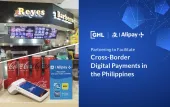


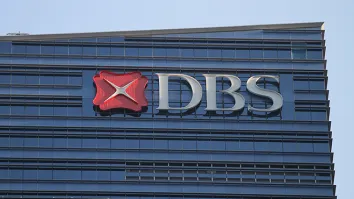


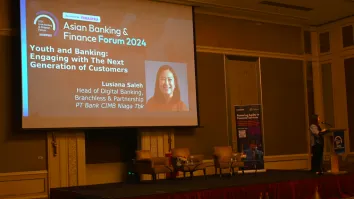
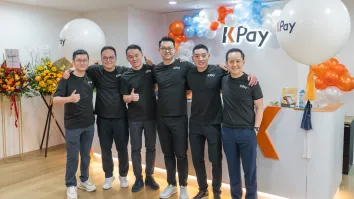
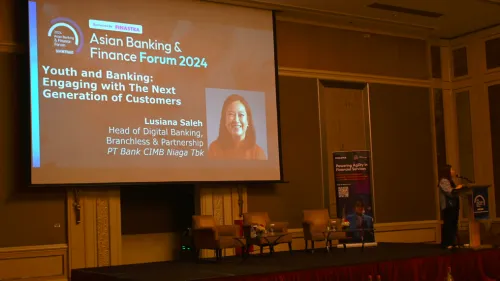
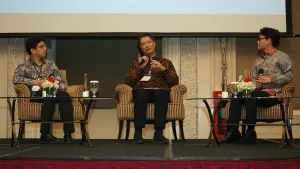
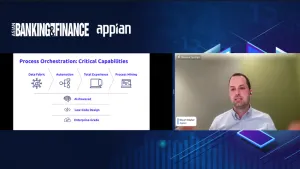
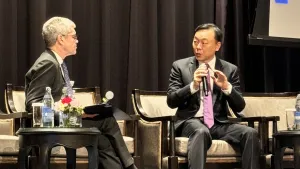




 Advertise
Advertise






